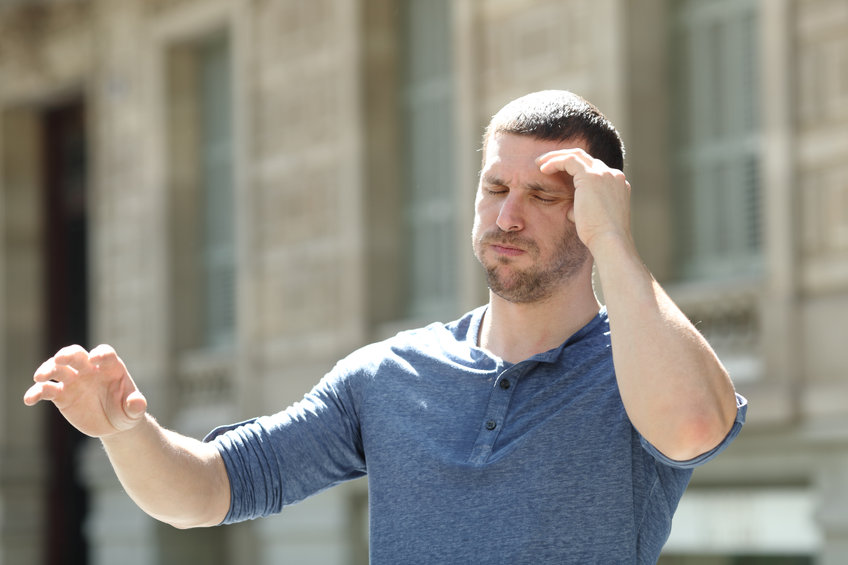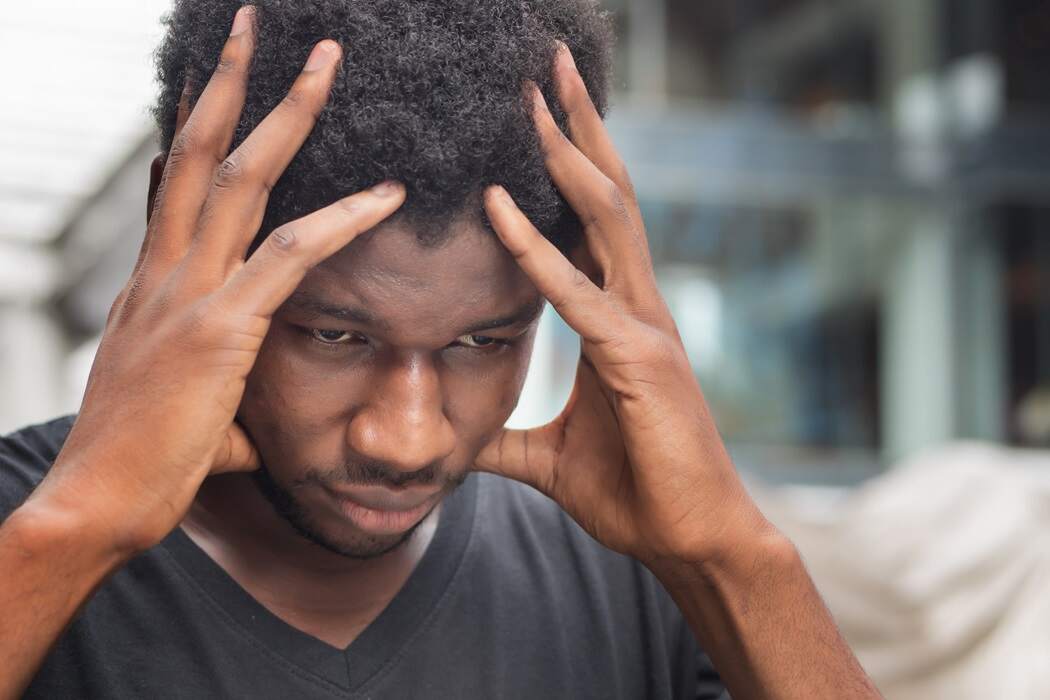Feeling Dizzy
Dizziness is both common and uncomfortable. When you experience dizziness, you might feel lightheaded, woozy, or unsteady. This is not the same as feeling as though things are spinning or moving, which is called vertigo. The terms dizziness and vertigo are often treated as though they are the same sensations, but they are different. Dizziness refers to any feeling of lightheadedness or like your balance is off. Vertigo, on the other hand, is uniquely a spinning sensation, as if you or your surroundings are moving.
According to the Cleveland Clinic, about half of all adults see their healthcare providers at some point for concerns about dizziness. Fortunately, dizzy spells are typically temporary, and rarely the sign of a serious medical condition.
Causes of Dizziness
But what causes dizziness? Dizziness can have many different causes, including:
- Changes in body position (such as sitting up quickly)
- Substance use
- Medication side effects
- Overheating and dehydration
- Low blood sugar
- Medical conditions that affect the inner ear
- Other medical conditions (e.g., vision, cardiovascular, neurological conditions)
- Anxiety
The Link Between Anxiety and Dizziness
It may be surprising to learn that anxiety can be a cause of dizziness. The reason anxiety can cause dizziness involves the “fight-or-flight response.”
When you sense a threat, the fight-or-flight system is triggered. This leads to a number of physiological changes that prepare your body to escape from danger. Although these changes evolved to help us survive, they also feel pretty uncomfortable (especially if we don’t see any obvious danger). One of those uncomfortable sensations is dizziness. The fight-or-flight response makes breathing get faster and shallower, which is great for running to escape a threat. It also leads to hyperventilation –your body is taking in oxygen faster than it can use it up, and expelling carbon dioxide faster than it’s produced. This imbalance in the gases in your bloodstream can make you feel dizzy.
But just as anxiety can cause dizziness, dizziness can also increase anxiety. If something makes you dizzy, and particularly if the dizziness catches you off guard or makes you worried, it can increase feelings of anxiety and fear. In fact, this chain of events can contribute to panic attacks.
SEE ALSO: Persistent Postural-Perceptual Dizziness (PPPD) and CBT Therapy

How Anxiety Prolongs Dizziness Over Time
Ongoing or long-lasting dizziness may be caused by anxiety, and anxiety about dizziness can make the dizziness even worse. When something makes you anxious, it’s natural to start paying it more attention and focusing on it. But anxiously paying attention to sensations in your body can make it easier to feel like a feared sensation is present. For example, if you’re anxious about dizziness and subtly scanning your body for signs of feeling dizzy, you may actually bring on more anxiety and dizzy spells. Because anxiety and dizziness are linked, they can reinforce one another in a feedback loop.
CBT Treatment for Anxiety and Dizziness
Given the list above of the many things that can cause dizziness, it’s important to first see a physician to make sure your dizziness isn’t due to a medical condition.
If your dizziness doesn’t seem to have a medical cause, or treating any medical conditions doesn’t treat your dizziness fully, treatment for anxiety might be helpful.
In cognitive-behavioral therapy (CBT), clinicians help patients learn and practice a variety of skills for improving mood and wellbeing. CBT uses several proven tools to treat anxiety and dizziness, including:
- Changing your thought process
- Altering your responses to feeling dizzy, which can help reduce anxiety
- Helping you become less reactive to uncomfortable bodily sensations like dizziness
When used together, these CBT techniques can break the cycle that keeps anxiety and dizziness going. Working with a CBT therapist can help you find some relief from these challenging issues.









